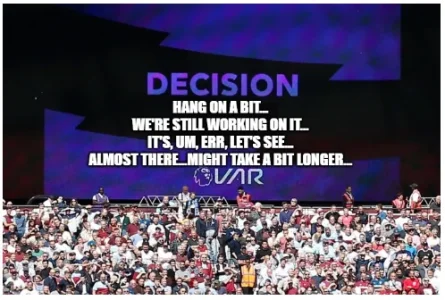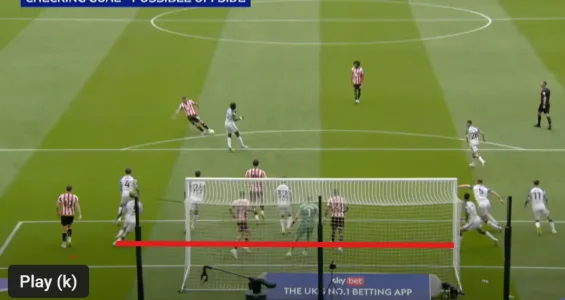Nope. Part 1 describes offside position. Part 2 describes an offence. It is really clear with regards to interfering with an opponent.
"A player in an offside position at the moment the ball is played or touched* by a team-mate is only penalised on becoming involved in active play by:
- interfering with play by playing or touching a ball passed or touched by a team-mate or
interfering with an opponent by:
- preventing an opponent from playing or being able to play the ball by clearly obstructing the opponent’s line of vision or
challenging an opponent for the ball or
clearly attempting to play a ball which is close when this action impacts on an opponent or
- making an obvious action which clearly impacts on the ability of an opponent to play the ball
*The first point of contact of the 'play' or 'touch' of the ball should be used."
This says that the player in an offside position when the ball is played will only be given offside if he becomes involved by:
1. playing the ball;
2. interfering with an opponent;
3. attempting to play the ball;
4. making any other obvious action that affects the opponent.
The referee deemed that your man became involved in active play.
If you try and interpret the rule to say that from a free kick, you can stand a man beside the goalkeeper with the intention of him running in front of the keeper a split second after it's kicked to put him off - it won't work. He will be offside.


